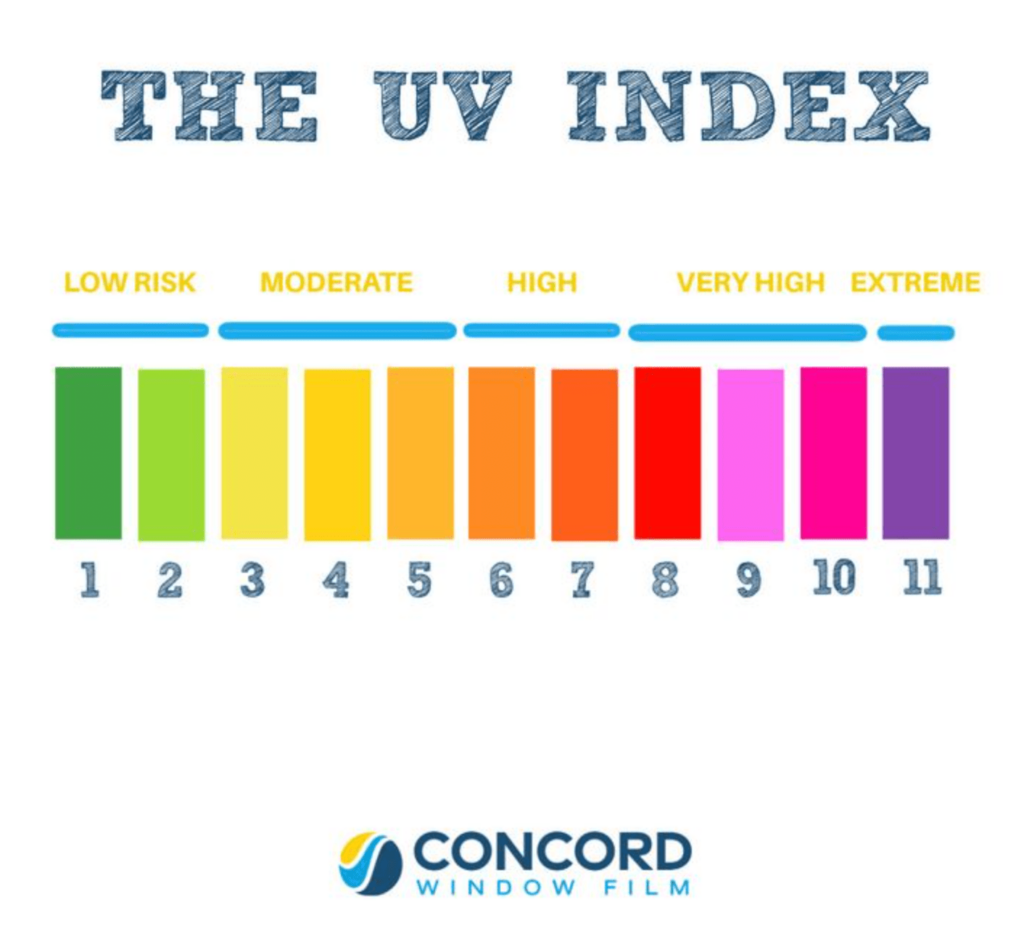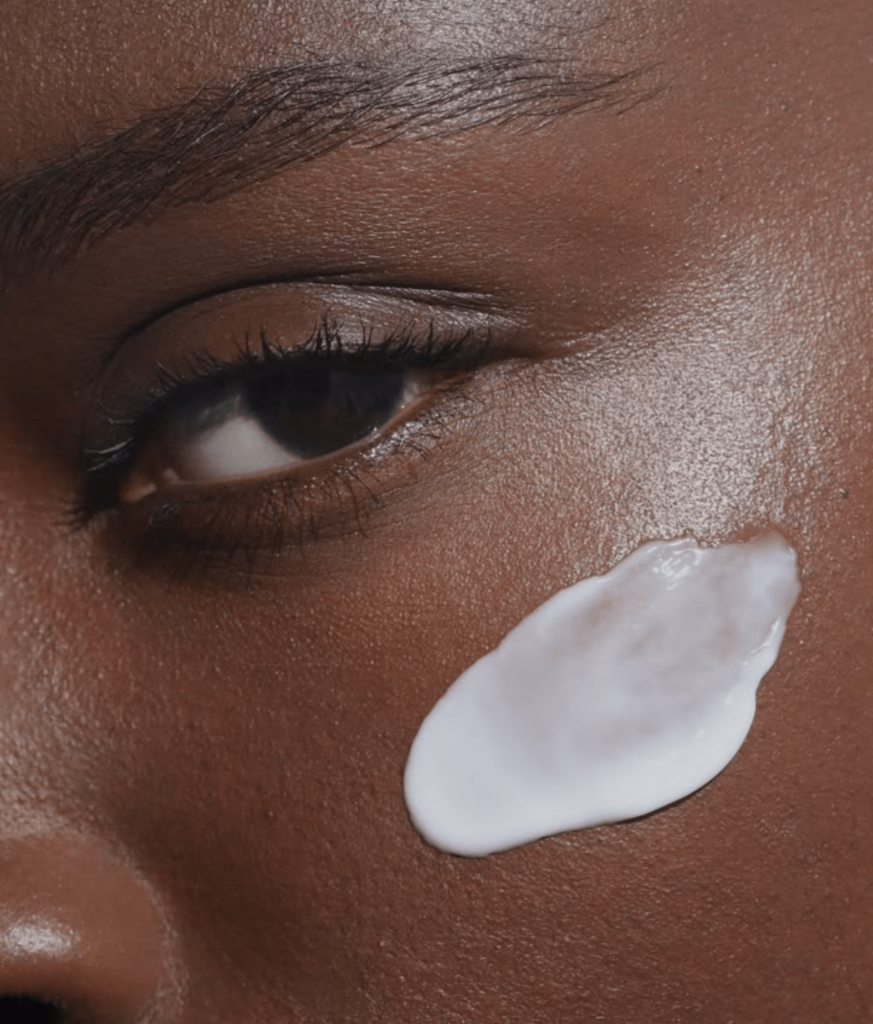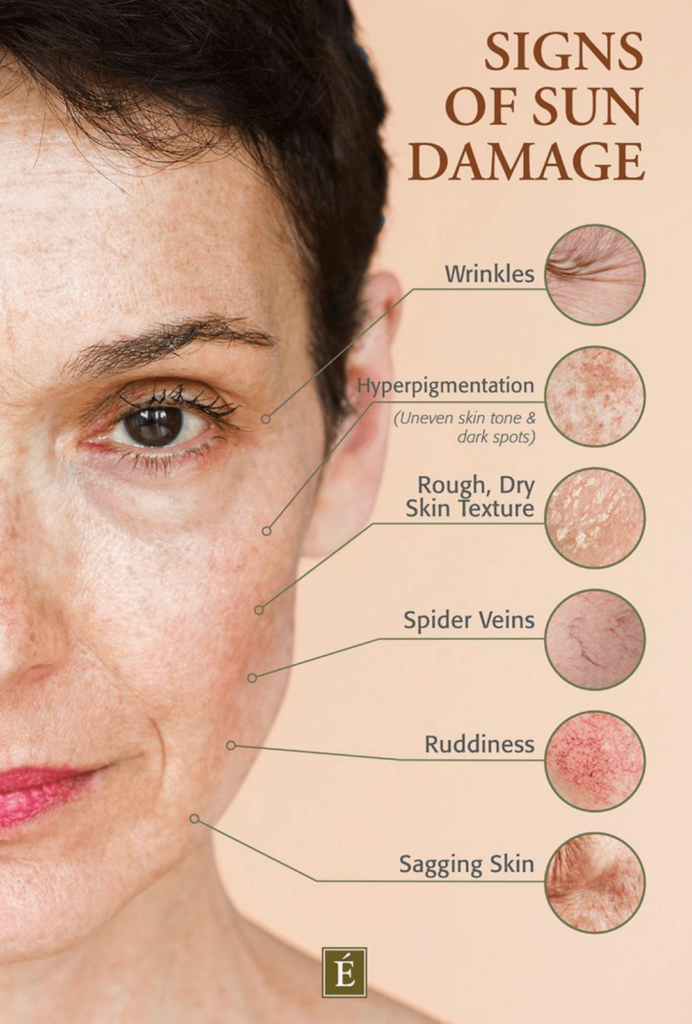This site contains affiliate links. I may earn a small commission, at no extra cost to you.
If you’re wondering ‘Should I wear sunscreen every day even in winter?’, or ‘should I wear sunscreen when the uv index is 0?’ I’ll explain clearly what the best options are in this post.
Should I wear sunscreen everyday even in winter?
Table of Contents
UVA rays vs UVB rays

To make this really easy to understand, you should know that there are multiple types of UV radiation coming from the sun.
The two main types are UVA rays and UVB rays.
You can remember this rule:
- UVA rays – the A stands for ‘aging’
- UVB rays – the B stands for ‘burning’
What does UV index 0 mean?

The UV levels usually only indicate the UVB levels, so a high UV index rating means an increased risk of burning.
However, the UV index reported by a weather app usually does not include the UVA level.
This is because UVA is generally the same all year round, no matter if its the winter months, cloudy days or peak summer.
This means the amount of UVA (premature ageing rays) around, are more or less the same all the time.
If the UV index is 0, that does not mean there is no risk of premature ageing.
That means the risk of burning is low, but the risk of sun damage is still high.
Can you get sun damage when the UV index is 0?

Put simply, yes you can – and a lot of it!
It is said that 80-90% of visible signs of aging are due to UVA rays.
Even if the UV index is 0, the sun’s UV rays still include plenty of UVA rays (premature aging rays).
UVA is responsible for the majority of visible signs of sun damage. Including:
- The formation of fine lines
- Developing age spots
- Development of skin cancer
- Uneven skin tone and hyperpigmentation
This is why it’s recommended to wear a broad-spectrum sunscreen all year round, no matter the weather, season or UV index.
What is a broad-spectrum sunscreen?

The term ‘broad spectrum spf’ means an SPF that protects against both UVA and UVB rays.
By default, all sunscreens must protect against UVB rays. The ‘sun protection factor’ is a rating for the UVB protection.
Nowadays most sunscreens have become broad spectrum (also protecting against UVA) but it is not a given.
How to know if sunscreen is broad spectrum
There are several ways to know if a sunscreen is broad spectrum.
1. The sunscreen will literally say ‘broad spectrum’ on it, or in the product description.
2. It is common to have UVA written on the bottle in a circle, as the standard UVA symbol in some parts of the world.

3. In the UK, Boots created the ‘Boots star rating’ to rate the UVA of their sunscreens.

4. In a lot of Asian sunscreen, the PA rating will be written on the packaging.
So, should I wear sunscreen everyday even in winter?

Ultimately it comes down to your skin health priorities.
It is a myth that skin damage only occurs on sunny days.
Even small amounts of sun exposure have an impact (even just visible daylight!).
The sun’s rays are still powerfully worsening premature ageing exposed skin, all year round, no matter the time of year.
If you are interested in preventing against damage from the sun’s harmful UV rays, you should wear sunscreen everyday.
The best protection is a broad spectrum sunscreen used daily, regardless of the UV index.
You should also do this if you want to minimise the risk of skin cancer, which comes from both types of UV exposure.
This is why most board-certified dermatologist will recommend daily sunscreen as a key part of your skin care routine.
Mineral sunscreen vs chemical sunscreen

It is a big myth in skincare that mineral sunscreens protect better than chemical sunscreens.
For years, even dermatologists would spread misinformation about how they work.
Both mineral and chemical sunscreen protect in a similar way: by absorbing the rays and converting them into heat.
In the past, the myth that mineral sunscreens reflected UV rays was perpetuated, but it is only true for about 5% of the rays.
Therefore it is a good idea to find a broad spectrum sunscreen you enjoy using, so you can wear it daily without issues.
Can you get sun damage through a window?
After ‘should I wear sunscreen everyday even in winter?’ usually comes questions about sun damage through windows.
The answer is yes, but it depends on a lot of factors.
How close you are to the window, the window itself, whether the light is coming in a direct line from outside to your skin.
Ultimately, if premature ageing is a concern of yours, a generous amount of daily sunscreen is a great idea.
The less rules and barriers you put in place for applying sunscreen, the less likely you are to see visible skin aging prematurely.
If you’re looking for a reliable source for skincare information, I really recommend Capri Corneum on Instagram.
This was ‘Should I wear sunscreen everyday even in winter?’ You may also like:
- When to See a Dermatologist for Acne
- 30 Best Korean Skincare Products for Acne-Prone Skin
- The best sunscreen for acne prone skin